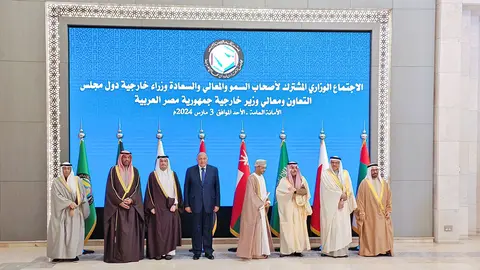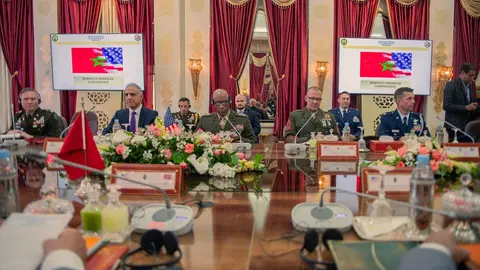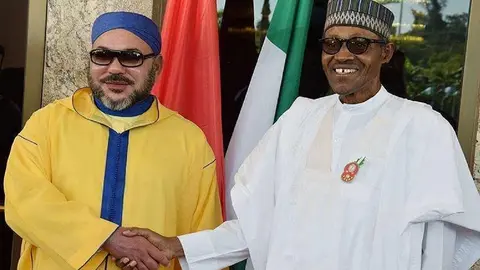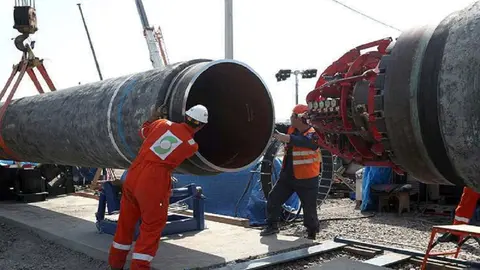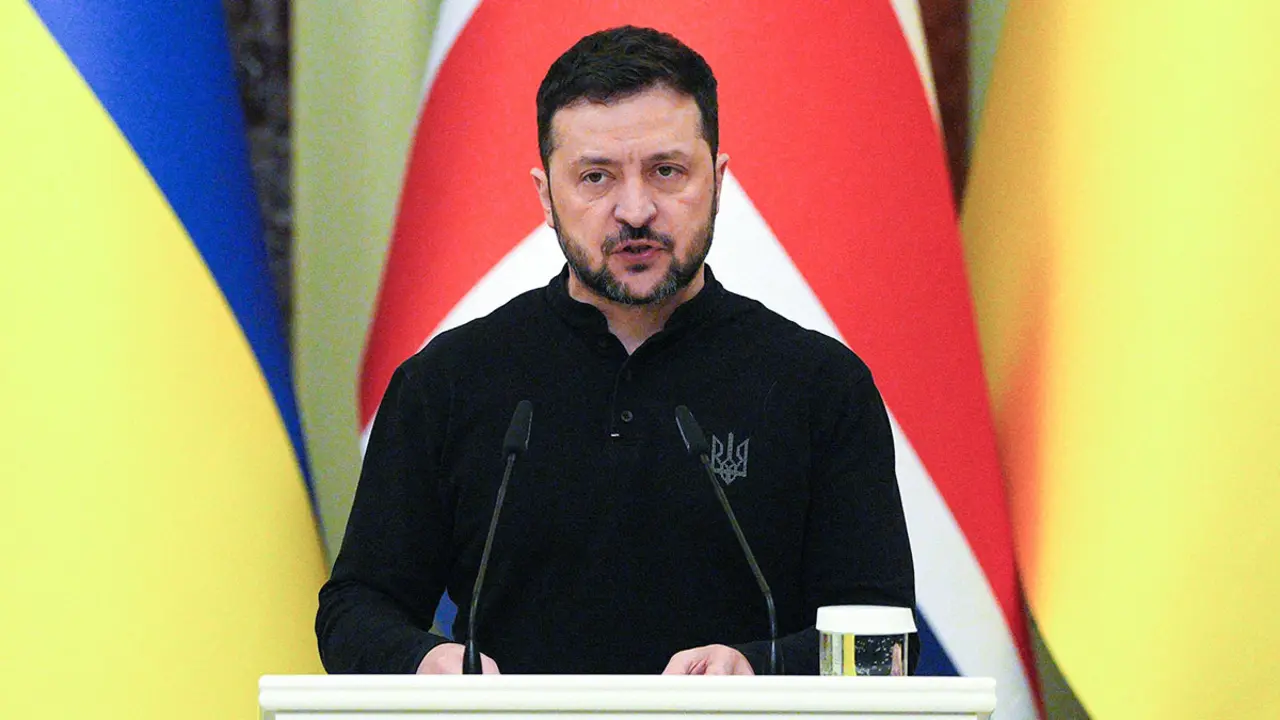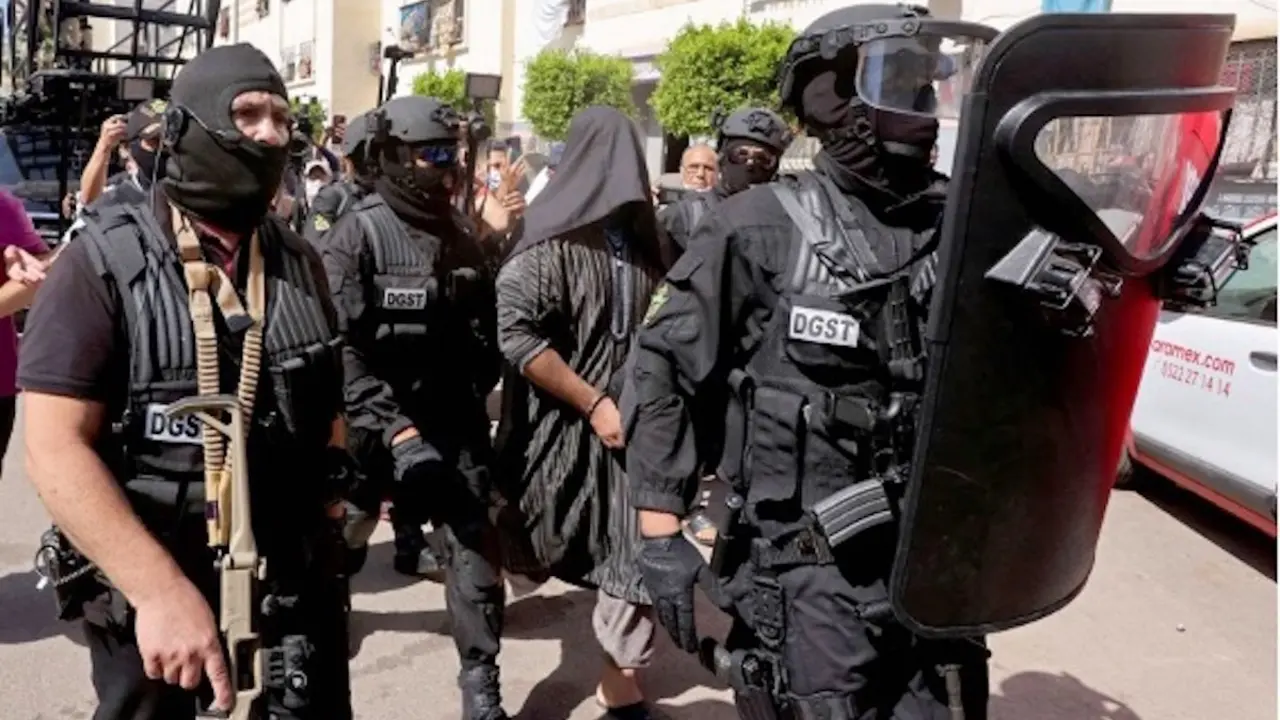Morocco's Atlantic Initiative will transform Africa's geostrategic landscape
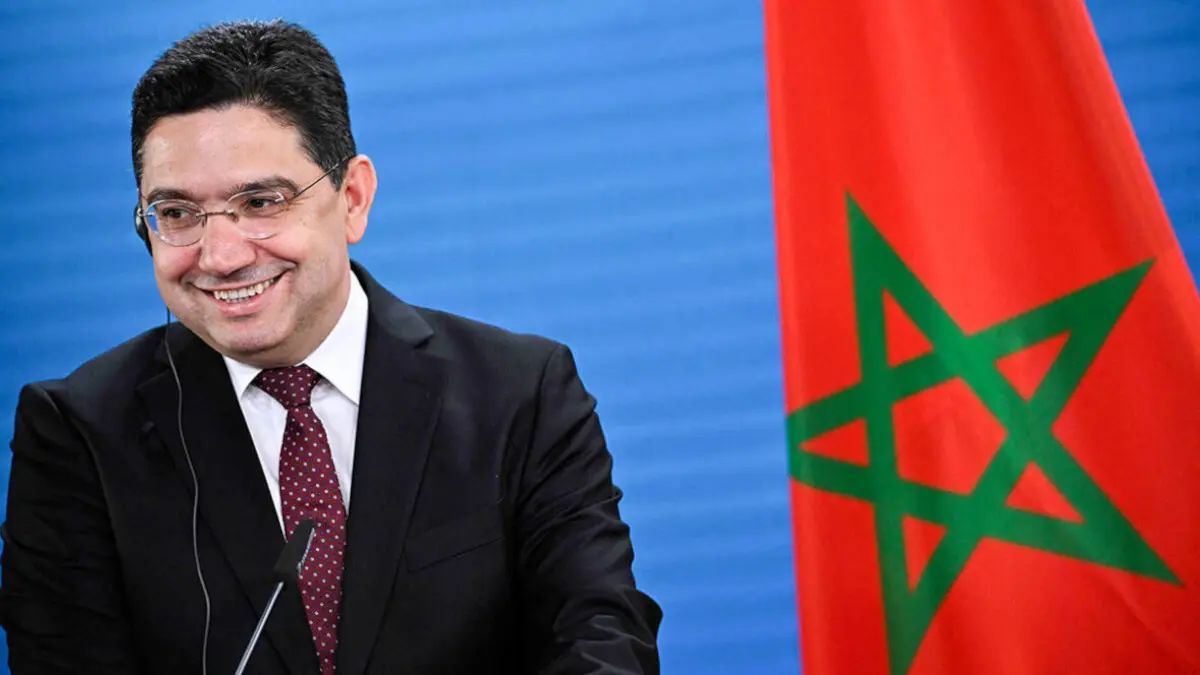
The Atlantic Initiative, launched by Morocco's King Mohammed VI, is beginning to reshape the geostrategic landscape in Africa. This project, which aims to provide Sahelian countries with a maritime outlet, has been receiving much attention and praise recently for its great potential to establish multilateral partnerships and boost African economic integration.
This ambitious plan will end the isolation of Sahelian countries such as Burkina Faso, Niger, Chad and Mali by opening their doors to the Atlantic Ocean, something that will undoubtedly bring numerous economic benefits to these nations.
"The initiative was clear in its connotations and explicit in its details, as well as in its objectives, which reflect a Moroccan awareness of the changes surrounding Africa at this stage characterised by multidimensional transformations that necessarily require economic and security policies, as well as approaches of a strategic nature," writes Al-Jami Qasimi, a Tunisian journalist, in Al-Arab.
The focus of this initiative is closely related to Rabat's growing interest in Africa, from where they have provided a significant impetus to the work of the African Union.
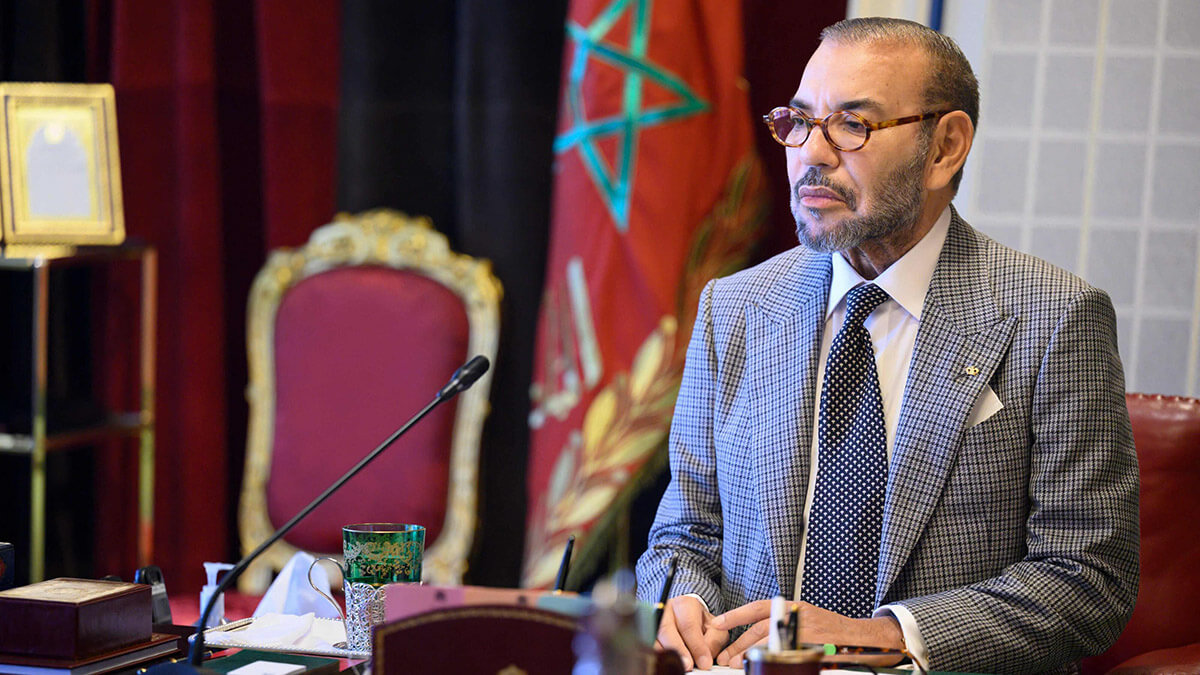
Moreover, the project is transforming the regional scene, without concealing its urgent desire to completely rid itself of the colonial legacy that still hinders the launching of economies towards a broader horizon.
For these reasons, the initiative has begun to attract the attention of several capitals, from Washington to Madrid, as well as African cities interested in the project. All this, according to Qasimi, is taking place in the midst of an active Moroccan diplomatic movement characterised by "calm and realism" to create the right conditions for the success of the initiative, which "will reshape Africa's geostrategic landscape".
It is also worth noting that this initiative - which largely reflects Morocco's respect for Africa and its willingness to help the continent's economies, especially in the Sahel and Sahara region - aims to establish real integration in the African Atlantic region, an area that accounts for around 55% of the continent's gross domestic product.
The economies of African countries on the Atlantic coast account for 57% of Africa's free trade and are capable of attracting 60% of foreign direct investment, which means that this initiative will also strengthen the partnership between this African region and the rest of the world.
The Morocco-Nigeria gas pipeline, key to the Atlantic Initiative
In addition to this initiative, Morocco is also working to launch a gas pipeline with Nigeria, a strategic project that is not separate from the Atlantic Initiative, but is part of it. This pipeline will cross 13 African countries - Nigeria, Benin, Togo, Ghana, Ivory Coast, Liberia, Sierra Leone, Guinea, Guinea-Bissau, Gambia, Senegal, Mauritania and Morocco - before reaching Spain and through it the rest of the European markets.
The interconnection of this project with the Atlantic Initiative is evidenced by the supply of gas through the Morocco-Nigeria pipeline to three landlocked countries belonging to the Sahel-Saharan Africa region: Mali, Niger and Burkina Faso, nations that will be connected to the ocean thanks to the Moroccan initiative.

This is why Mohammed VI described the project as a basis for "peace, African economic integration and common development, an initiative for present and future generations". This pipeline could be the longest in the world, with a length of more than 5,600 kilometres.
The entire West African region, home to more than 440 million people, will benefit from this project, as its capacity is expected to reach 30-40 billion cubic metres per year at a rate of 3 billion cubic feet of gas per day. The cost of completion is estimated at around $25 billion.
Regional security
Morocco is also seeking to strengthen regional security, to which end it has worked to create the "North Atlantic African Treaty Organisation" during a meeting held in Rabat in June 2022 that was attended by 21 African countries from the Atlantic area.
This organisation aims to establish political dialogue, security and joint action against terrorist threats, as well as securing the gas pipeline from Nigeria to Morocco.
It also formulates security action plans related to the fight against terrorism, transnational organised crime, maritime piracy and illegal immigration.

In order to boost this organisation, Moroccan diplomacy has intensified its activity in all areas, and Moroccan academics and experts, led by the director of the Atlantic Centre for Strategic Studies, Abdel Rahim Al-Manar Al-Sulaimi, have set up a preparatory committee to establish an institutional framework under the name of the 'Forum for the Analysis of Strategic Affairs for the Atlantic and Sahel Countries'.
The creation of this committee followed a series of meetings organised by the Forum over three days in the cities of Laayoune, Smara and Boujdour, where in-depth academic intellectual interaction was evident in the presence of delegations from Tunisia, Kuwait and the United Arab Emirates.

According to Abdel Rahim Al-Manar Al-Sulaimi, the Moroccan Atlantic Initiative "will produce development dynamics that will benefit Africa, as well as the Arab world and Latin America".
He also stressed that the King of Morocco's vision to launch this initiative, which aims to make Morocco a gateway to the Atlantic for the African countries of the Sahel and Sahara, would reinforce South-South cooperation based on a win-win partnership.

